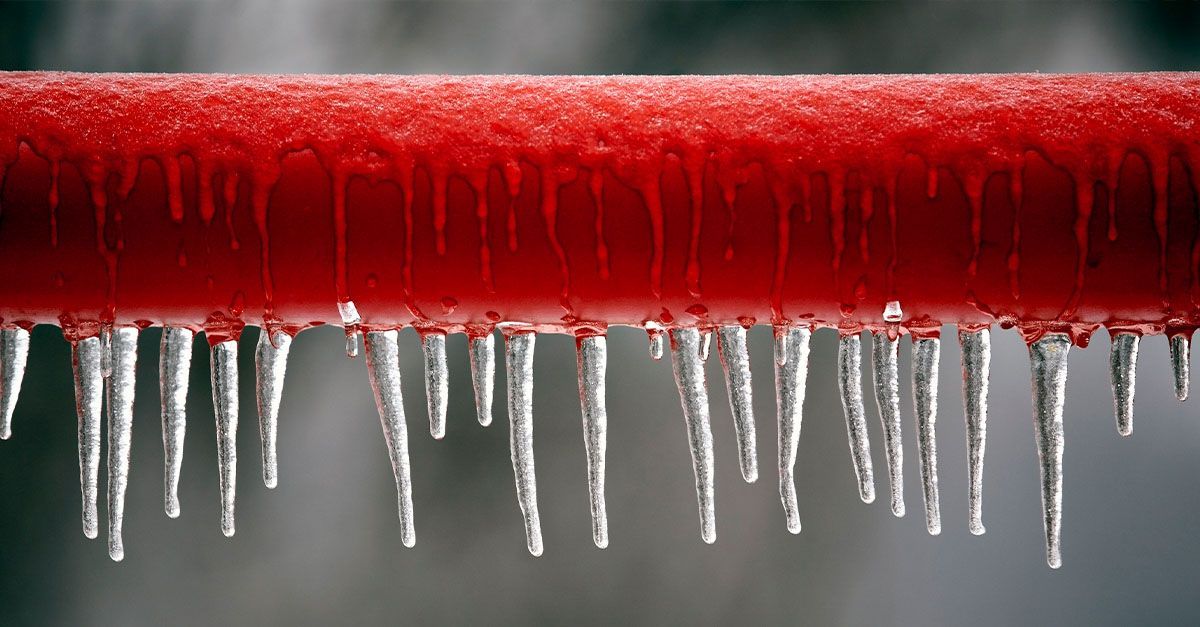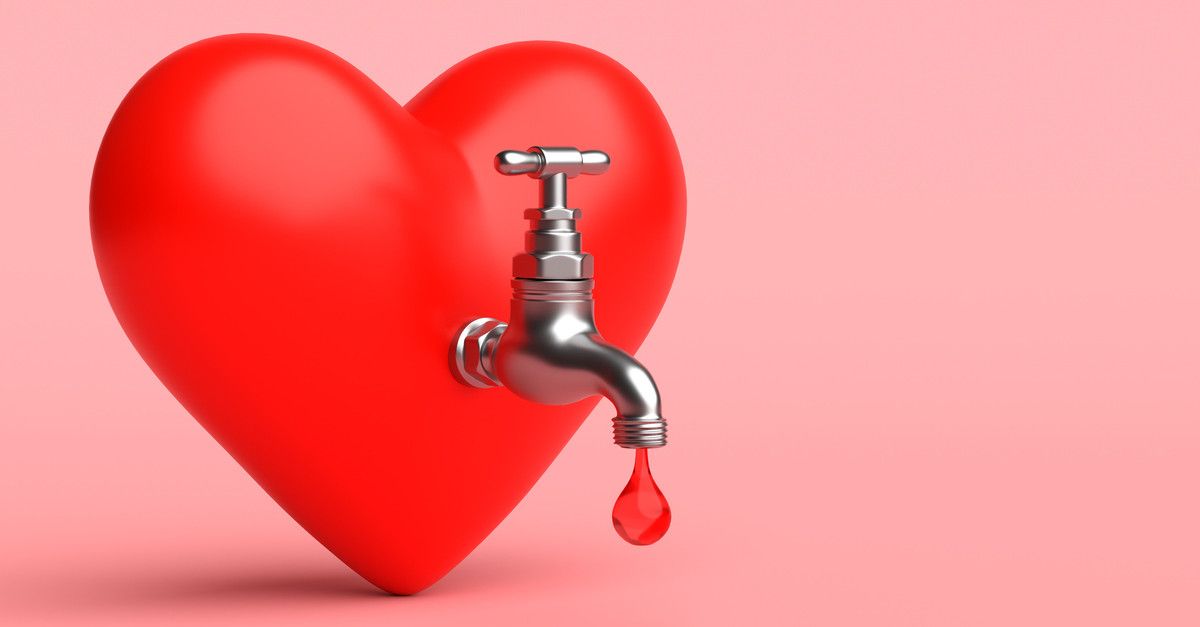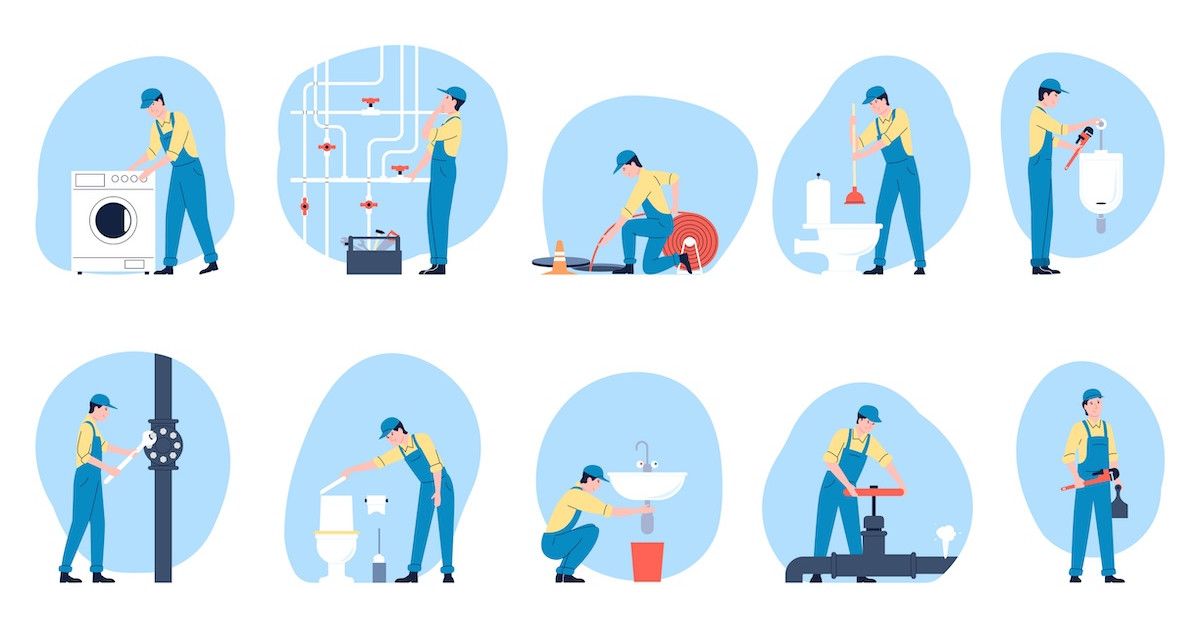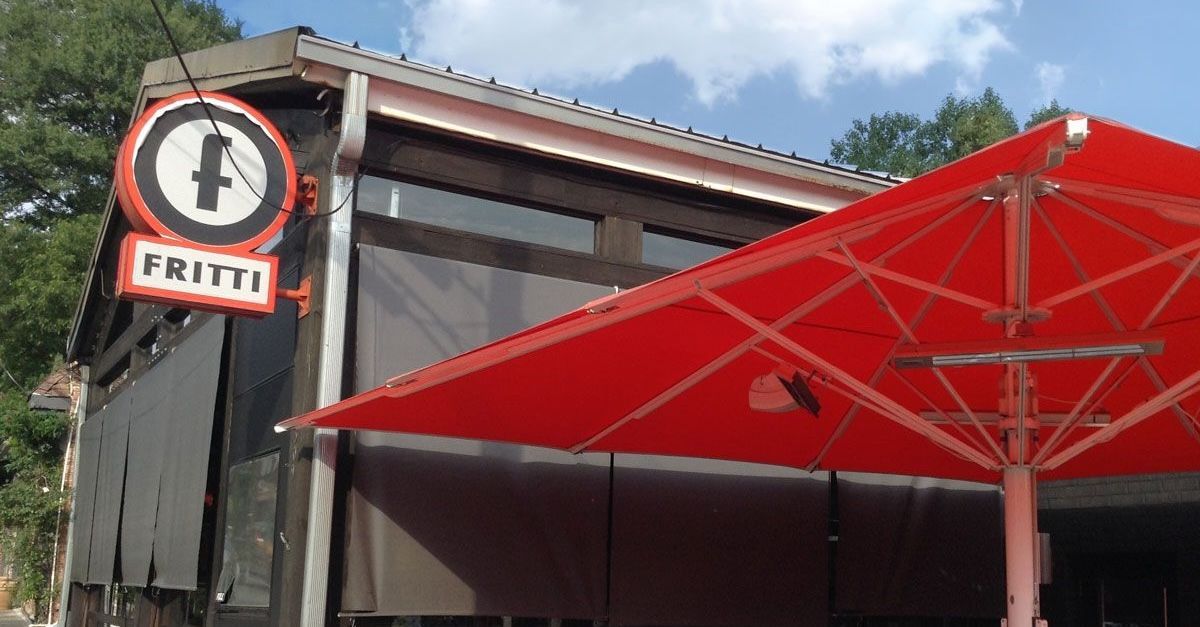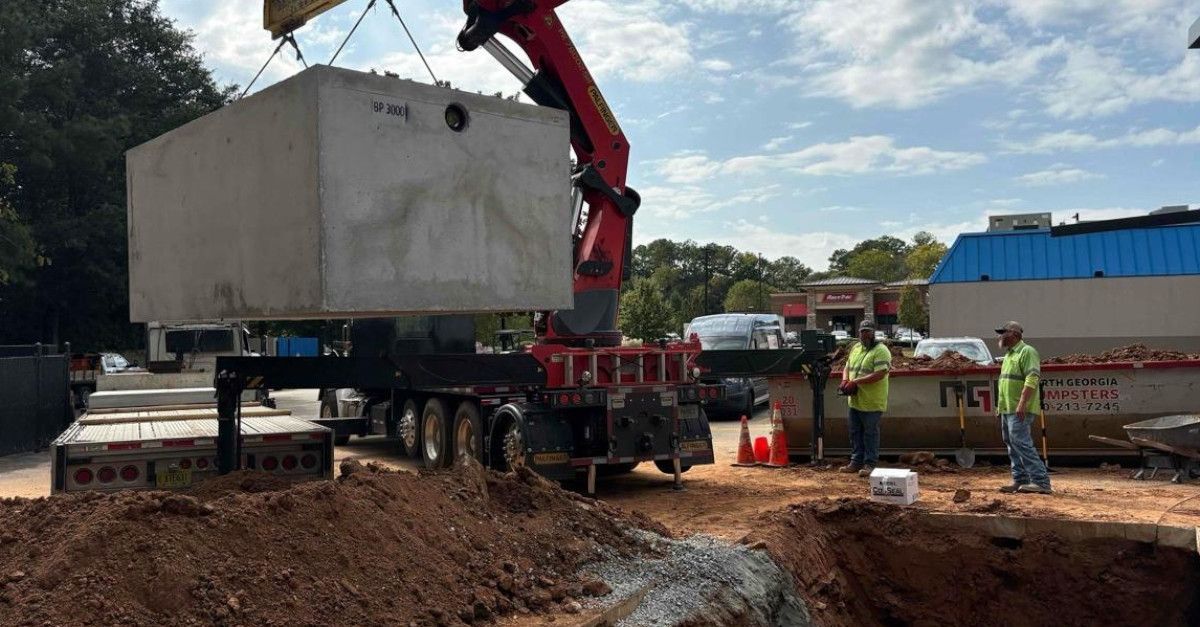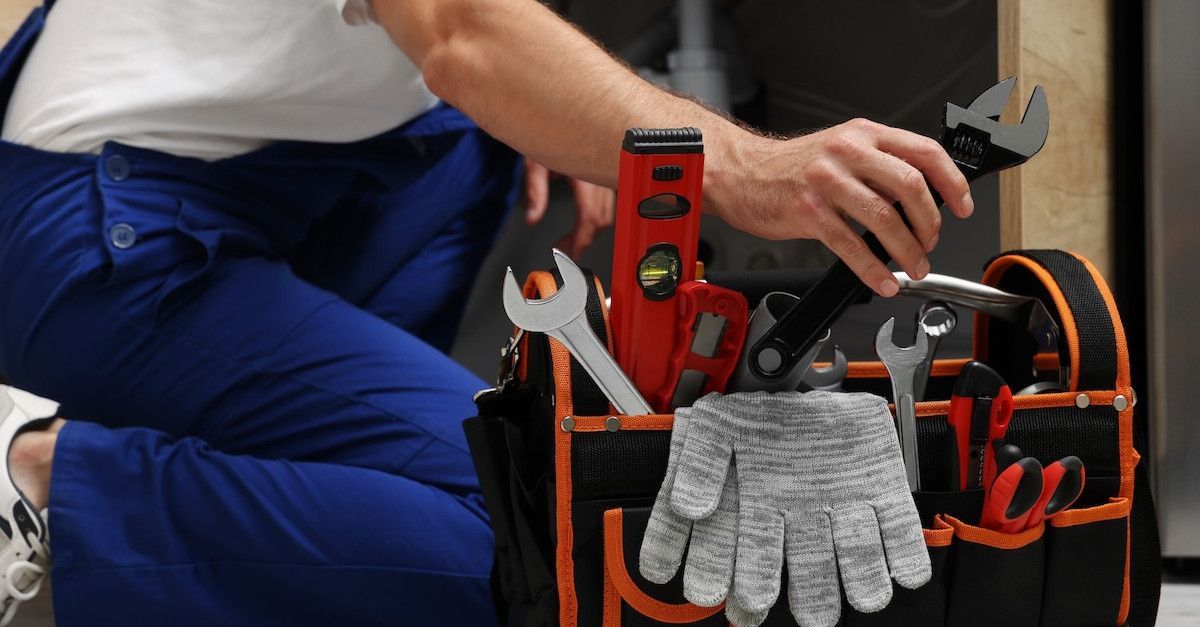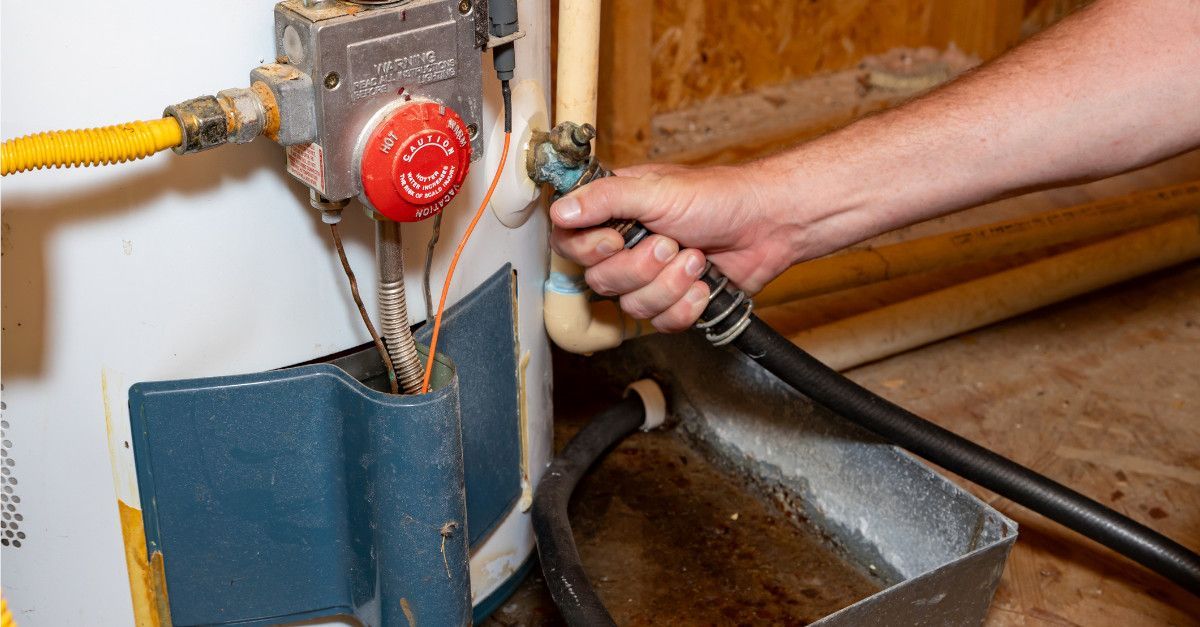Heat Pump Water Heaters: What You Need to Know
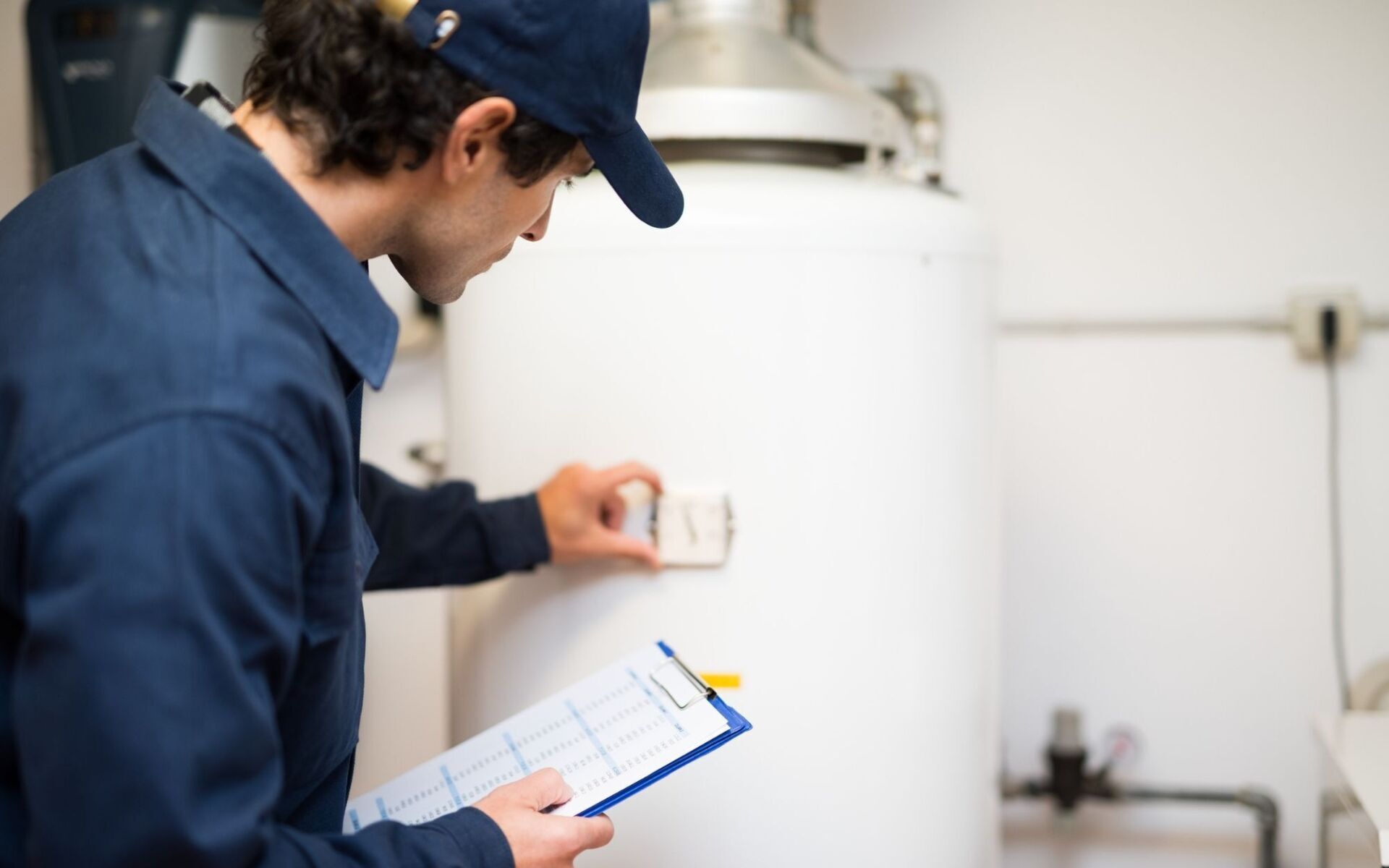
Every homeowner understands the importance of water heaters. They provide the hot water we need for showers, dishes, and laundry. But what happens when your old water heater needs to be replaced? At Plumb Works, we’re here to help you choose the right water heater for your home. If you’re looking for a new water heater, you should consider a heat pump water heater (HPWH). Unlike traditional water heaters, HPWHs use electricity to move heat from one place to another. This means they are two to three times more efficient than traditional electric water heaters and can save you money on your energy bills.
In addition to being more energy-efficient, HPWHs are also smaller and quieter than traditional water heaters. They can be placed in a variety of sizes to fit your home’s needs. If you’re considering a heat pump water heater for your home, there are a few things you should know. In this article, we’ll cover the basics of heat pump water heaters, including how they work, their benefits, and some things to consider before buying one.
What is a heat pump water heater?
A heat pump water heater is an electric water heater that uses heat pump technology to efficiently heat water. HPWHs are also called electric heat pump water heaters. Traditional electric water heaters work by heating water with electric coils. This process is called resistive heating and it is extremely efficient. However, it results in two unwanted side effects: wasted energy and high operating costs.
Instead of using resistive heating, HPWHs use heat pump technology to move heat from one place to another. This process is much more efficient than resistive heating and results in significant energy savings.
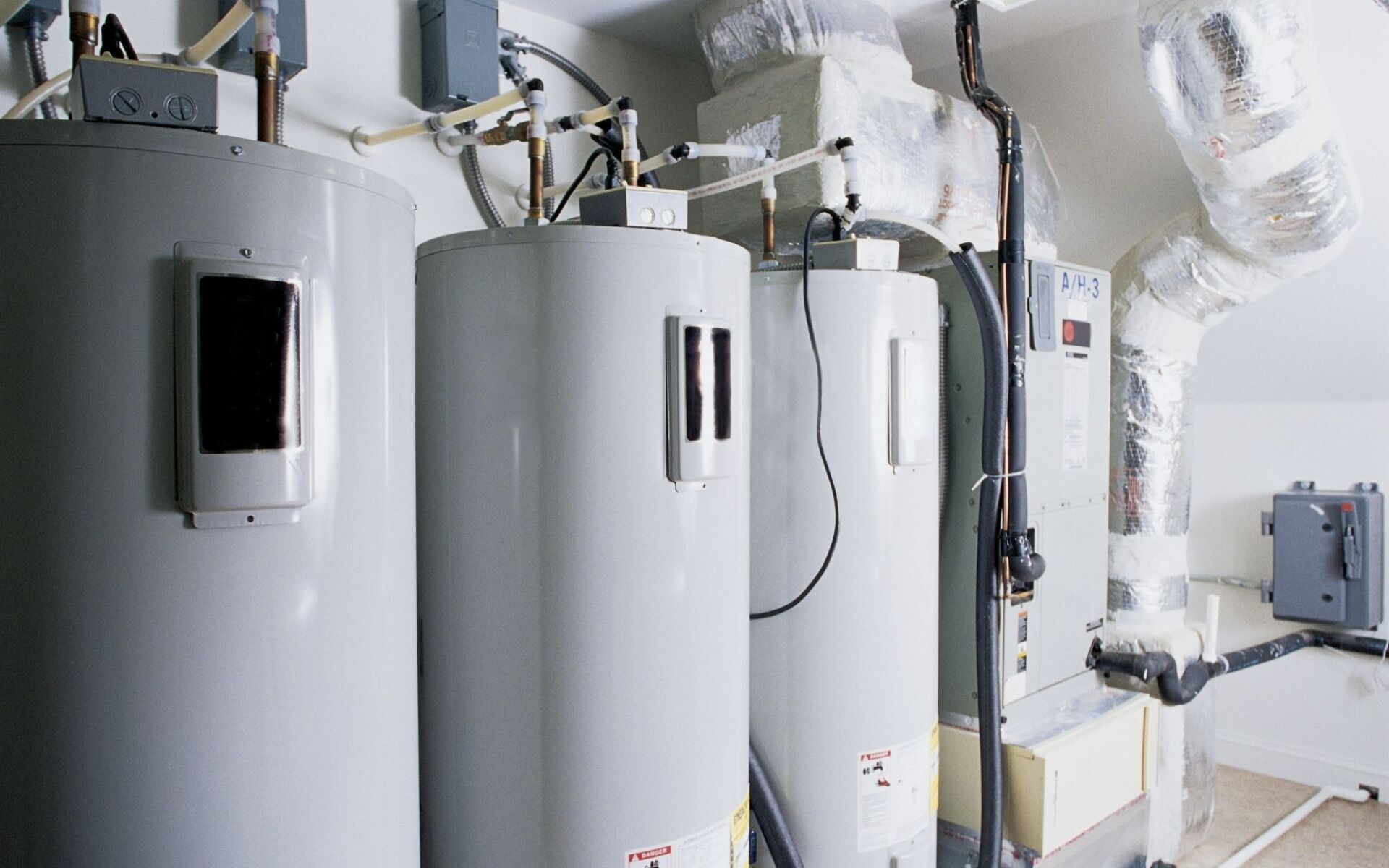
How does a heat pump water heater work?
A heat pump water heater uses electricity to move heat from one place to another. The most common type of HPWH is an air-source heat pump, which moves heat between your home and the outdoors. An air-source HPWH consists of four main components: an evaporator, a compressor, a condenser, and a storage tank. The evaporator and condenser are located inside the unit, while the storage tank is typically located on the floor nearby.
Here’s how it works:
- The evaporator coils draw heat from the air and transfer it to the refrigerant.
- The compressor pumps the refrigerant through the condenser coils.
- The condenser coils release heat into the water in the storage tank.
- The storage tank stores the heated water until it is needed.
What are the benefits of a heat pump water heater?
Many people choose to buy an HPWH because they have a variety of benefits including improved energy efficiency, quieter operations, and increased durability.
Energy Efficiency
One of the main benefits of an HPWH is that it is much more energy-efficient than a traditional electric water heater. In fact, HPWHs are two to three times more efficient than traditional electric water heaters. This means they use less electricity to heat the same amount of water, which can result in significant savings on your energy bill.
Quiet Operation
Another benefit of HPWHs is that they are much quieter than traditional water heaters. This is because the compressor doesn’t make as much noise when it is running. As a result, HPWHs are ideal for small homes or apartments where noise levels are a concern.
Increased Durability
Another advantage of HPWHs is that they are more durable than traditional water heaters. This is because they don’t have any exposed heating elements that can burn out. As a result, they have a longer lifespan and require less maintenance than traditional water heaters.
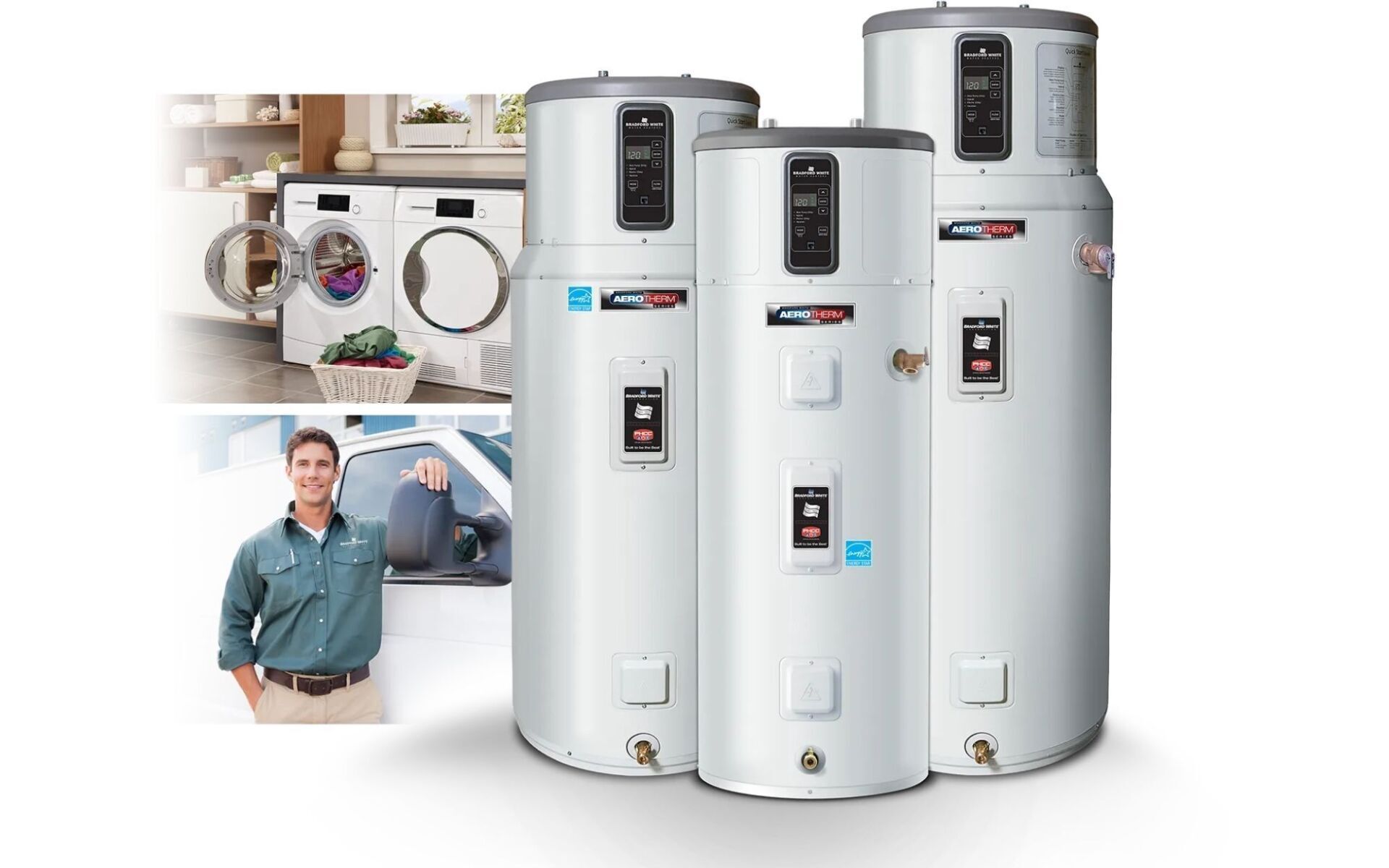
What are the disadvantages of a heat pump water heater?
While HPWHs have a wide range of benefits, there are also a few potential disadvantages to consider before you buy. These disadvantages include high initial costs, susceptibility to power outages, and a need for regular maintenance.
High Initial Cost
One of the biggest disadvantages of an HPWH is that they can be more expensive to buy than traditional electric water heaters. This is because they are more complex and use more expensive components. However, the increased efficiency of HPWHs can help offset the higher upfront cost over time.
Susceptibility to power outages
Another potential disadvantage of an HPWH is that they are susceptible to power outages. This is because they rely on electricity to operate. If there is a power outage, an HPWH will not be able to heat your water. This could be a problem if you live in an area that experiences frequent power outages.
Requires Regular Maintenance
Another potential disadvantage of an HPWH is that they require regular maintenance. Be sure to read the manufacturer’s instructions carefully and follow all recommended maintenance schedules. Failure to do so could result in decreased efficiency or even damage to the unit.
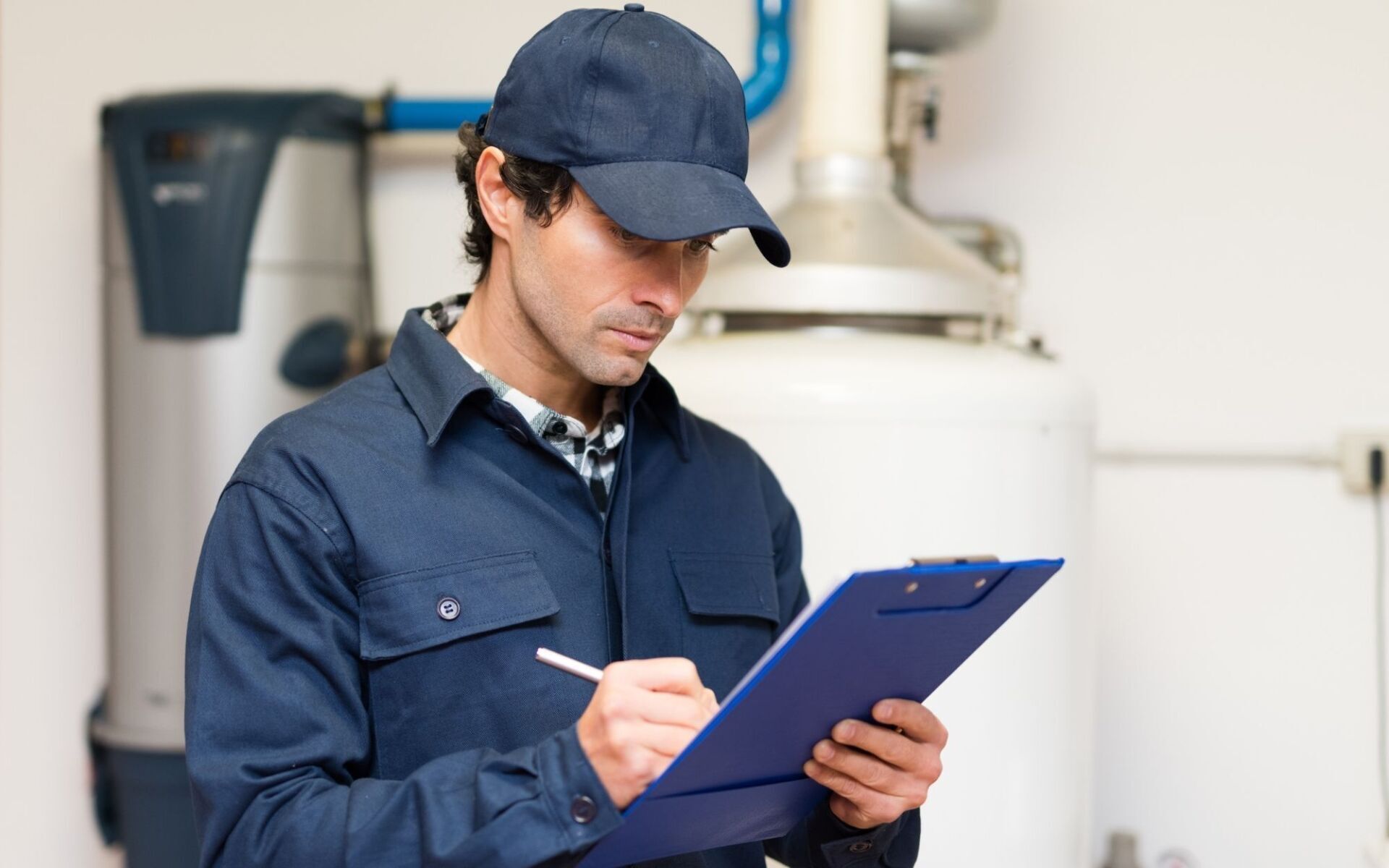
What To Consider Before Buying a Heat Pump Water Heater
Before you buy an HPWH, there are a few things you should consider. These include the size of your home, the area you live around, your electricity bills, and the cost of installation.
The Size Of Your Home
One of the most important things to consider is the size of your home. HPWHs come in a variety of sizes, so you need to choose one that is appropriately sized for your home. If you have a small home or live in an apartment, a smaller unit may be all you need.
The Climate
Another important thing to consider is the climate you live in. HPWHs work best in moderate climates. Many people aren’t aware that cold weather can affect your water heater. When your house’s pipes are exposed to cold temperatures, they can freeze or expand, which means your water heater will need to work overtime.
Your Electric Bill
Another thing to consider is the cost of your electric bill. HPWHs use electricity to operate, so it’s important to factor in the cost of your electric bill when considering one for your home. In some cases, the increased efficiency of an HPWH may offset the higher electric costs.
Installation
Installation is another important thing to consider. HPWHs must be installed by a qualified professional. This is typically not a do-it-yourself project, so be sure to factor in the cost of installation when budgeting for your new water heater.
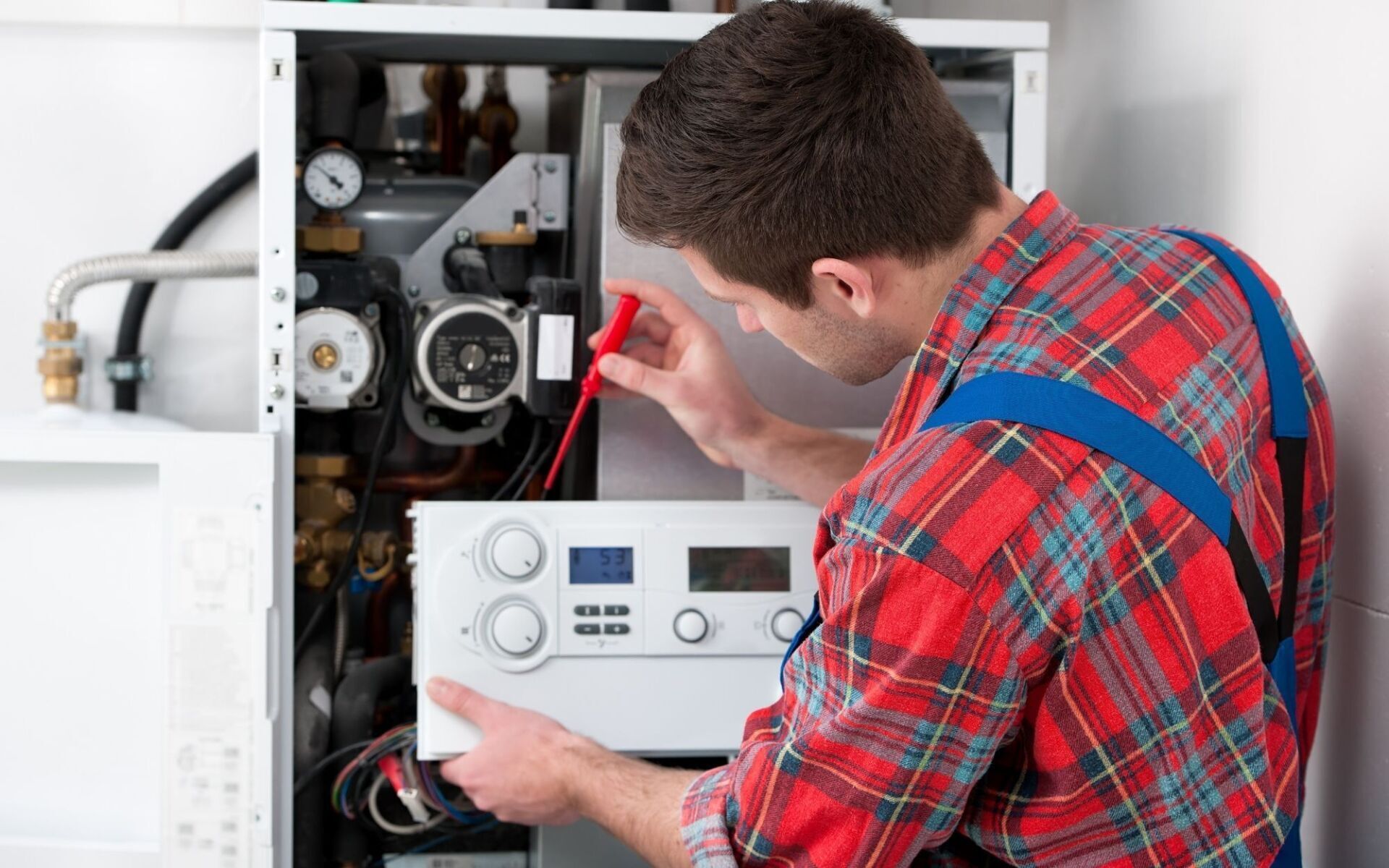
Alternatives to Heat Pump Water Heaters
If you’re not sure a heat pump water heater is right for your home, there are a few alternatives to consider. These include traditional electric water heaters, solar water heaters, and tankless water heaters.
Electric Water Heaters
If you’re looking for a more traditional option, electric water heaters are the most common type of water heater. They are less expensive than HPWHs and can be installed by a qualified do-it-yourselfer. Electric water heaters also have a wide range of sizes and capacities to choose from.
Solar Water Heaters
Solar water heaters are another alternative to consider. They use the sun’s energy to heat your water, so they are more expensive than electric water heaters. However, they can save you money on your electricity bill over time. Solar water heaters are best suited for homes in sunny climates.
Tankless Water Heaters
Finally, tankless water heaters are another great alternative. They heat water on demand, so they can save you space and energy over time. However, they are more expensive than electric water heaters. Tankless water heaters are best suited for homes with high hot water demand.
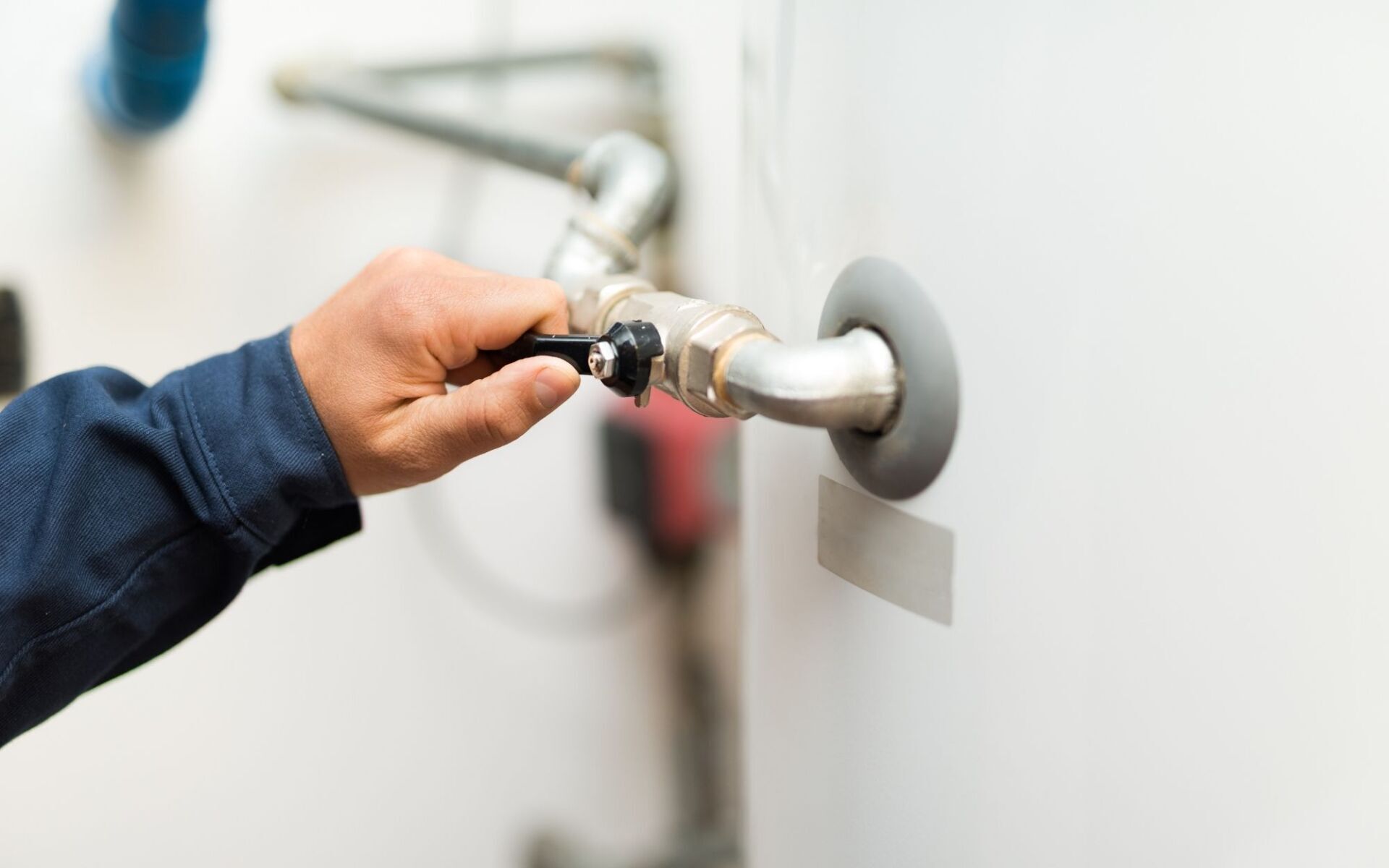
Choose Plumb Works For Your Water Heater Needs
If you’re considering a heat pump water heater for your home, the experts at Plumb Works can help. We’ll work with you to choose the right water heater for your home and budget, and we can provide professional installation services to ensure your new water heater is installed correctly. Along with our installation services, we also provide quick, convenient, and affordable
water heater repair services along with other
plumbing services for every area of your home. Contact us today to learn more about our heat pump water heater services.
